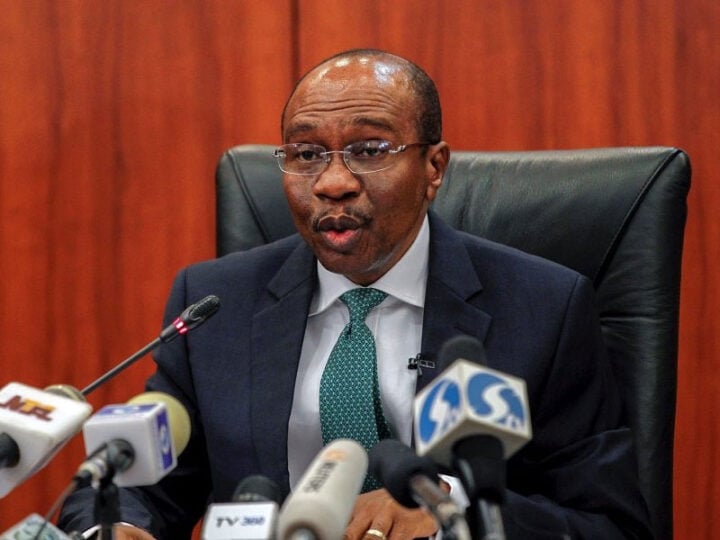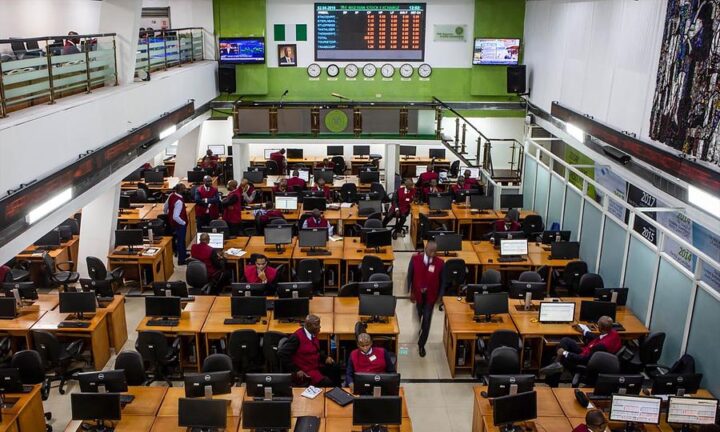The International Monetary Fund (IMF) has retained projected growth of 2.5 percent for Nigeria in 2021, identifying the slow rollout of vaccines as the main factor weighing on the recovery
The Washington-based institution disclosed this on Tuesday in its World Economic Outlook (WEO) for July 2021 titled, “Fault Lines Widen in the Global Recovery”.
At its 2021 Virtual Spring Meetings in April, IMF had estimated that Nigeria’s economy would grow by 2.5 percent in 2021 from the 1.5 announced in January.
Last month, the World Bank raised Nigeria’s economic growth forecast to 1.8 percent this year and 2.1 percent in 2022.
Advertisement
The IMF also marked down growth prospects of low-income developing countries (LIDCs) by 0.4 percentage points, citing “slow roll-out of vaccines as the main factor weighing on the recovery”.
The 2021 global forecast also remain unchanged from the April 2021 WEO, but with offsetting revisions, the IMF said.
“In low income developing countries (LIDC), the overall fiscal deficit in 2021 was revised up by 0.3 percentage points from the April 2021 WEO, mainly because of the re-emergence of fuel subsidies as well as the additional COVID-19 and security related support in Nigeria.
Advertisement
“Still, at 5.2 percent of GDP, the overall fiscal deficit remains well below that of advanced and emerging market economies, reflecting financing constraints— about 60 percent of LIDCs are assessed to be at high risk of or in debt distress.
“The public debt-to-GDP ratio for 2021 is projected at 48.5 percent.
“Once the recovery is firm, achieving debt sustainability while pursuing the United Nations Sustainable Development Goals will require raising domestic revenues, improving spending efficiency, developing medium-term fiscal frameworks, and undertaking structural reforms to facilitate private sector activity.”
The IMF advised central banks to look through transitory inflation pressures and avoid tightening until there is more clarity on underlying price dynamics.
Advertisement
“Clear communication from central banks on the outlook for monetary policy will be key to shaping inflation expectations and safeguarding against premature tightening of financial conditions.
“There is, however, a risk that transitory pressures could become more persistent and central banks may need to take preemptive action.”
Add a comment






